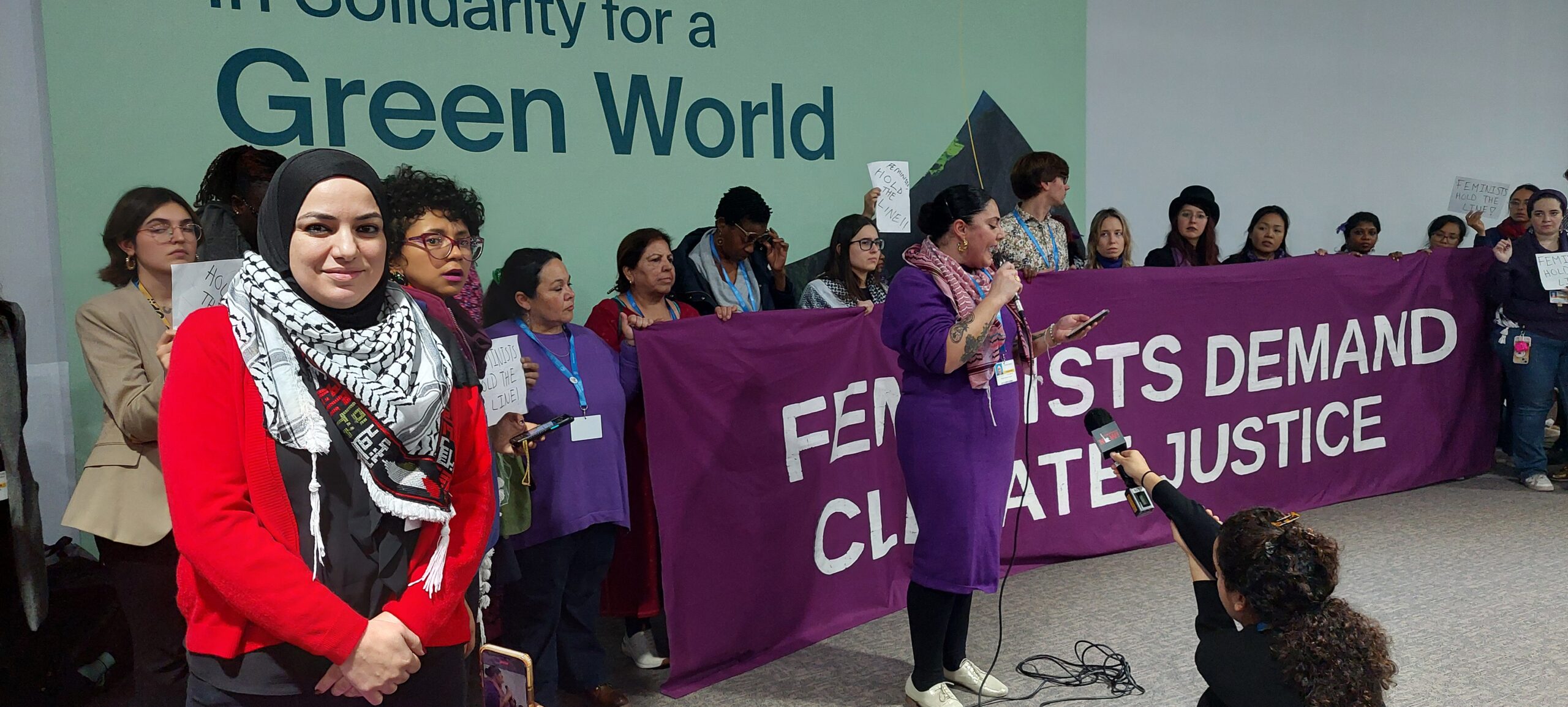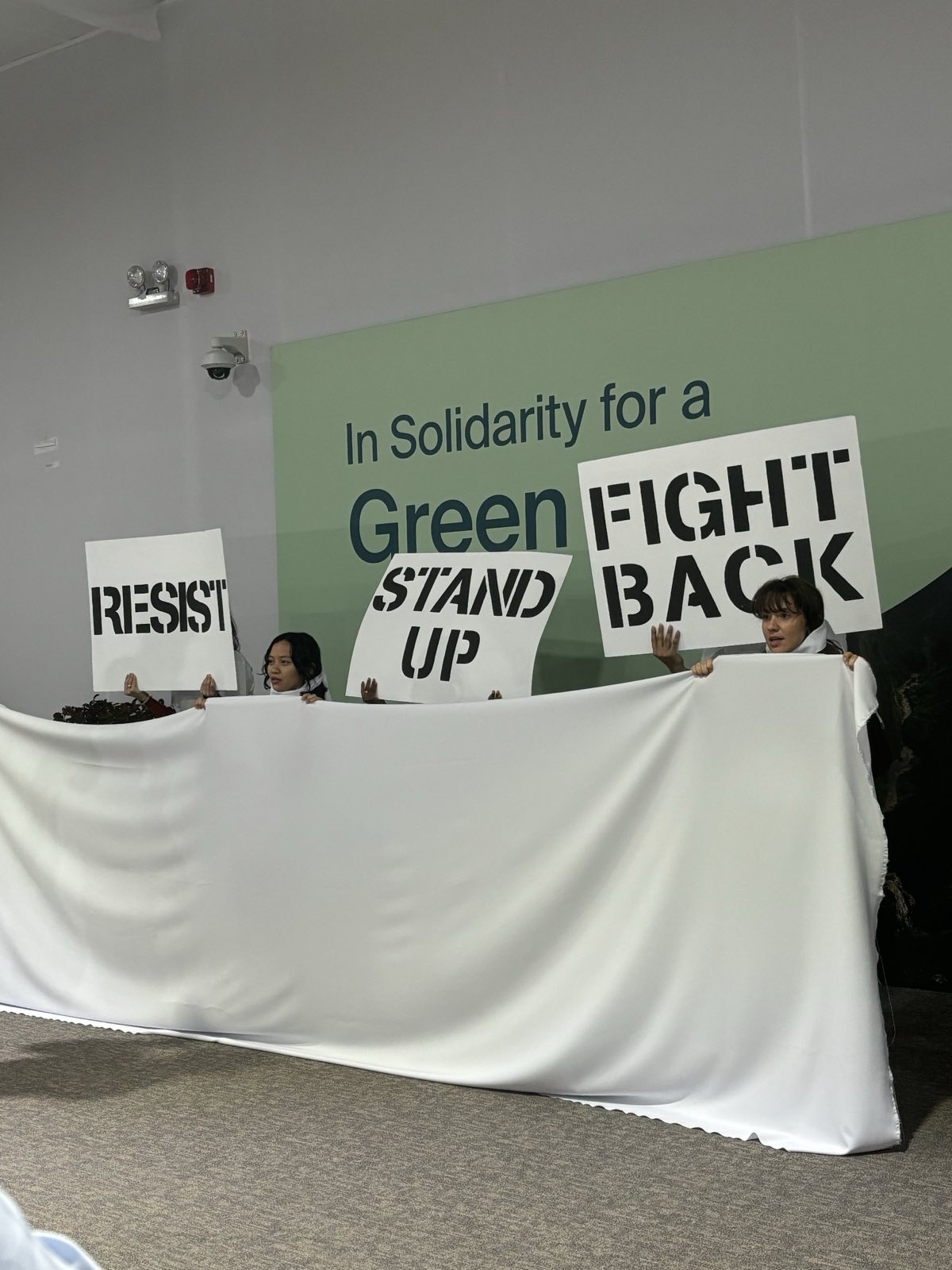
November 18, 2024
Developed countries display lack of political will in supporting Global efforts on preventing a total climate collapse

November 18, 2024

November 18, 2024

November 18, 2024